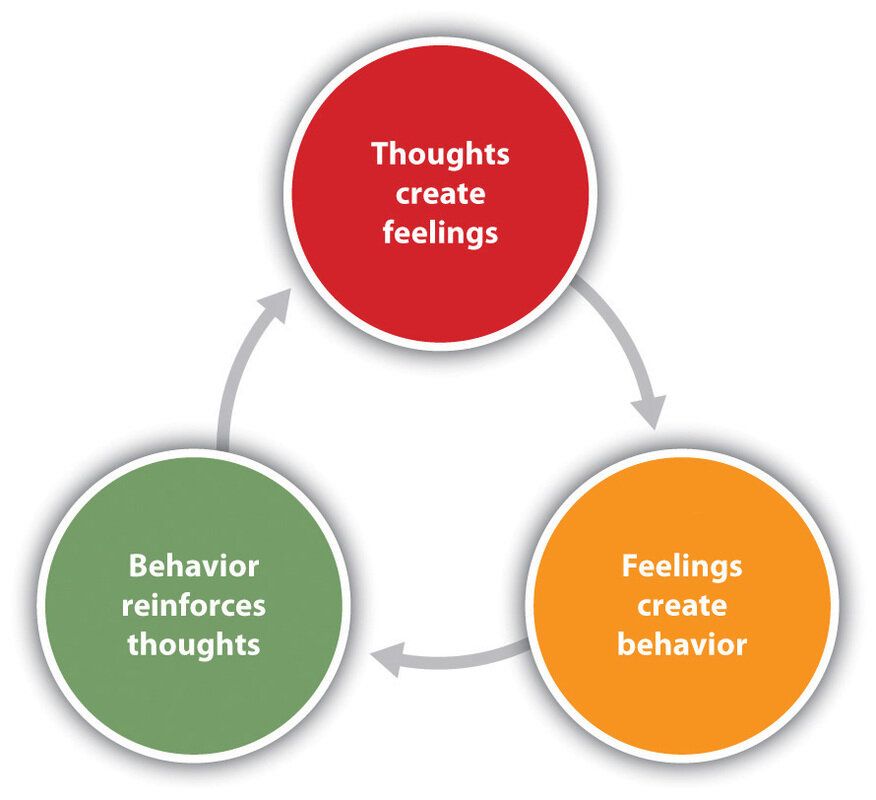Cognitive Behavioral Therapy (CBT) is a widely recognized and effective form of therapy for improving mental wellness. It focuses on identifying and changing negative or unhealthy thought patterns and behaviors. CBT is based on the premise that our thoughts, feelings, and behaviors are interconnected, and by altering our thoughts, we can improve our emotional well-being.
Understanding Cognitive Behavioral Therapy (CBT)
CBT is a goal-oriented, structured, and evidence-based therapy that aims to address psychological issues by targeting the way individuals think and behave. It is often used to treat a wide range of mental health conditions, including anxiety disorders, depression, eating disorders, addiction, and post-traumatic stress disorder (PTSD).
The therapy involves collaboration between the therapist and the client, working together to identify and challenge negative thoughts and beliefs. CBT focuses on the present moment and is generally a shorter-term therapy compared to some other approaches.
Techniques Used in CBT
CBT employs various techniques to help individuals develop healthier thought patterns and behaviors. Some of the commonly used techniques in CBT include:
Cognitive Restructuring: This technique involves identifying negative or distorted thinking patterns and replacing them with more realistic and positive thoughts.
Behavioral Activation: This technique focuses on increasing engagement in positive and rewarding activities to improve mood and reduce symptoms of depression.
Exposure Therapy: Primarily used in the treatment of anxiety disorders and phobias, exposure therapy gradually exposes individuals to the feared stimuli or situation in a safe and controlled manner, helping them to confront and overcome their fears.
Problem-Solving: CBT helps individuals develop effective problem-solving skills to deal with challenges and stressors encountered in daily life.
Relaxation Techniques: CBT incorporates relaxation techniques such as deep breathing exercises, progressive muscle relaxation, and mindfulness to help individuals manage stress and promote relaxation.
The Benefits of CBT
Cognitive Behavioral Therapy offers several benefits for mental wellness:
Evidence-Based: CBT has been extensively researched and proven to be effective in numerous studies for a wide range of mental health conditions.
Focused and Structured: CBT is a goal-oriented therapy that provides structure and focuses on specific issues or challenges individuals are facing.
Collaborative: CBT involves active participation from both the therapist and the client, encouraging a sense of collaboration and empowerment.
Teaches Coping Skills: CBT equips individuals with practical coping skills that can be applied outside of therapy sessions to manage and overcome difficulties.
Addresses Underlying Issues: CBT helps individuals explore and address the underlying thoughts and beliefs contributing to their distress, leading to long-term positive change.
Conclusion
Cognitive Behavioral Therapy (CBT) is a highly effective therapeutic approach for improving mental wellness. Its focus on changing negative thought patterns and behaviors provides individuals with valuable skills to cope with challenging situations, overcome mental health disorders, and achieve long-term emotional well-being. Whether experiencing anxiety, depression, or other mental health concerns, CBT offers hope and a pathway to healing.

